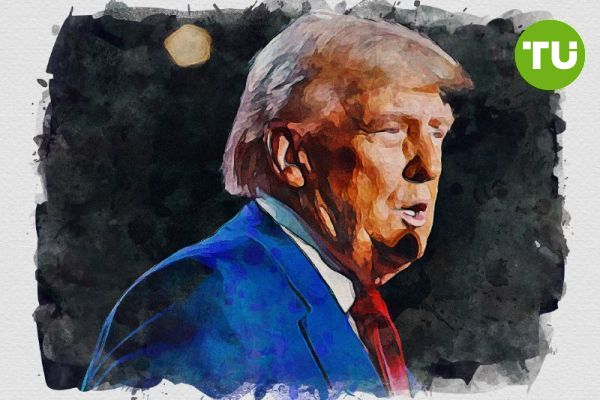Trump pledges to sign stablecoin legislation by August at crypto summit
 Trump pledges to sign stablecoin legislation by August at crypto summit
Trump pledges to sign stablecoin legislation by August at crypto summit
The Trump administration is moving forward with plans to create a U.S. digital asset reserve, a bold initiative that marks a significant shift in the country's approach to cryptocurrency.
In a tweet issued shortly before signing an executive order, President Trump indicated that the proposed reserve could include various cryptocurrencies, such as ADA, XRP, and Solana (SOL), which has sparked criticism from some industry leaders. Executives from major exchanges like Gemini and Coinbase expressed concerns, arguing that the inclusion of less decentralized and lesser-used tokens could undermine the integrity of the reserve, reports The Block.
The strategic digital asset reserve initiative was formally introduced in January when Trump signed an executive order to establish a working group tasked with exploring the feasibility of a national crypto stockpile. This move was seen as part of a broader effort to evaluate and potentially expand the role of digital assets in the U.S. financial system. However, critics argue that including certain tokens could result in an inefficient and politically driven reserve.
Regulation and industry competitiveness
The push for clearer crypto regulation under the Trump administration contrasts sharply with the previous approach of the Biden administration. Jennifer Schulp, Director of Financial Regulation Studies at the Cato Institute, acknowledged the positive shift but emphasized that more work remains to be done. According to Schulp, creating a fair regulatory environment that fosters competition within the crypto industry will require sustained effort.
In Congress, lawmakers are focusing on regulating stablecoins and developing a regulatory framework for the broader crypto market. Senator Cynthia Lummis from Wyoming, a prominent advocate for crypto, indicated that both parties are working on bills that could be presented to President Trump for approval later this year. However, Schulp cautioned that any regulatory framework must avoid government interference that could stifle innovation or limit consumer choice.
As the legislative and regulatory landscape for cryptocurrencies continues to evolve, the Trump administration's efforts could pave the way for a more structured and comprehensive approach to digital assets. How the crypto industry responds to these initiatives will likely shape the future of blockchain technology and digital currencies in the U.S.
Analysts suggest that the U.S. may swap gold for Bitcoin and reshape its global asset strategy.













































































































































